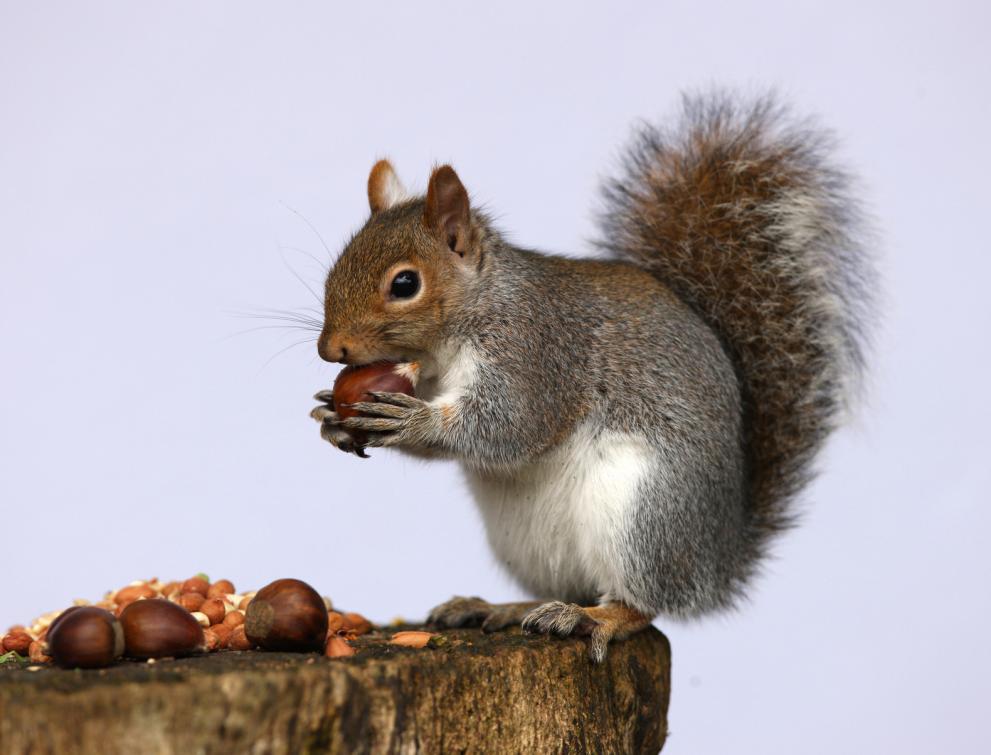
Today, the European Commission decided to refer Ireland (INFR(2018)2319) to the Court of Justice of the European Union for failure to adopt and to notify the penalties applicable to breaches of the Invasive Alien Species Regulation (Regulation (EU) 1143/2014).
Invasive alien species are one of the five major causes of biodiversity loss in Europe and worldwide. They are plants and animals that are introduced accidentally or deliberately as a result of human intervention into a natural environment where they are not normally found. They represent a major threat to native plants and animals in Europe, causing an estimated damage of €12 billion per year to the European economy. Addressing them is an important aspect of the EU's aim to stop biodiversity loss as articulated in the European Green Deal and the European Biodiversity Strategy for 2030.
The Regulation requires Member States to lay down the rules on penalties applicable to breaches of the Regulation's provisions. A breach occurs, for example, if invasive alien species are brought to the EU, kept or cultivated in the EU or released into the environment. These rules were to be notified to the Commission by 2 January 2016.
The Commission sent a letter of formal notice to Ireland in January 2019 for failure to adopt and to notify the rules on penalties applicable to infringements of the Regulation. A reasoned opinion was issued on the same grounds in November 2019. As to date, Ireland has not established and notified the penalties applicable to the breaches of the regulation, therefore the Commission is referring Ireland to the Court of Justice.
Background
The Invasive Alien Species Regulation entered into force on 1 January 2015 and focuses on species considered to be ‘of Union concern'. This list includes species such as for instance plants such as the water hyacinth and animals like the Asian hornet or the raccoon, that require action at European level. Member States are obliged to take effective measures to prevent the intentional or unintentional introduction of these species into the EU, to detect them and take rapid eradication measures at an early stage of invasion or, if the species are already widely established, to take measures to eradicate, control or prevent them from spreading any further.
There are at least 12 000 alien species in the European environment, of which 10–15 % are invasive. Invasive alien species can cause the local extinction of indigenous species, for instance through competition for limited resources such as food and habitats, inter-breeding or the spread of disease. They can alter the functioning of entire ecosystems, compromising their ability to provide valuable services, such as pollination, water regulation or flood control. The Asian hornet, for example, introduced by accident into Europe in 2005, preys on native honeybees, reduces local native insect biodiversity and impacts pollination services in general. Invasive alien species often have significant economic impacts, reducing yields from agriculture, forestry and fisheries. For example, the American comb jelly which was introduced accidentally into the Black Sea was responsible for a sharp decrease in no less than 26 commercial Black Sea fish stocks, including anchovy and chub mackerel. Invasive species can damage infrastructure, obstruct transportation or decrease water availability by blocking waterways or clogging industrial water pipes. Invasive alien species can also be a major problem for human health, triggering serious allergies and skin problems (e.g. burns caused by the giant hogweed) and acting as vectors for dangerous pathogens and diseases (e.g. transmission of disease to animals and humans by raccoons).
For More Information
Invasive alien species (europa.eu)
December 2023 infringements package
Environmental infringements interactive map
Details
- Publication date
- 21 December 2023
- Author
- Representation in Ireland
